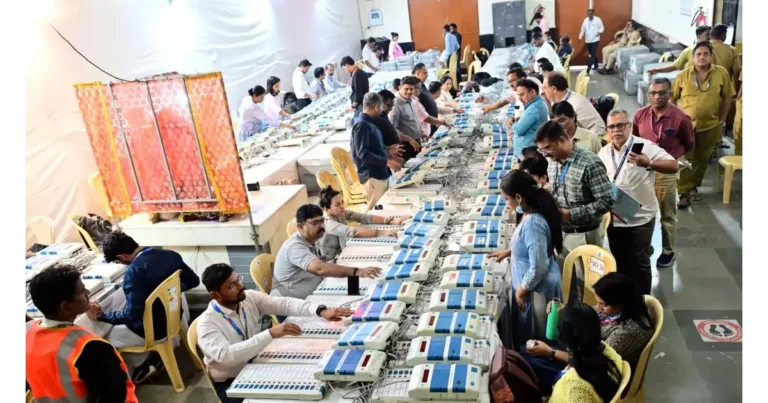
Introduction: A Unique Perspective from Abroad
Yulia, a Russian content creator who has been residing in India for over a decade, recently went viral on social media after sharing her intriguing observations on the distinct differences between Indian office culture and that of other countries. Her Instagram post, titled “Things Considered Normal in Indian Offices but Normal Abroad,” resonated widely, sparking conversations about workplace dynamics and cultural nuances.
Warm Beginnings: The Welcoming Indian Workplace
When Yulia began her career in India twelve years ago, she was pleasantly surprised by the kindness and care shown by her colleagues. Simple gestures such as asking if she had eaten breakfast or enjoyed her tea and lunch created a “super sweet and welcoming restart” to her professional journey. This warmth marked a stark contrast to her previous experiences and set a positive tone for her early days in the Indian corporate world.
Hierarchy and Work Hours: The Unseen Norms
One of the striking cultural distinctions Yulia noted was the deep-rooted respect for hierarchy. Employees typically did not leave the office before their senior managers had departed, underscoring a collective dedication to protocol. Additionally, receiving work calls late into the night was seen as a common and accepted practice. Such norms, though routine, reflect a strong commitment but also hint at an intense work environment.
Competitive Spirit and Workplace Pressure
Yulia acknowledged the admirable hardworking nature of Indian professionals but pointed out that the work atmosphere is often “highly competitive” with substantial pressure. She explained that this competition not only exists within teams but also spans across different departments, fueled by a vast pool of young, ambitious talent striving to excel. Unfortunately, she observed, office politics can become quite intense, adding another layer of complexity to the work culture.
Long Commutes and Indirect Communication
Another notable difference Yulia mentioned was the widespread practice of lengthy daily commutes—often exceeding two hours each way—which many employees endure to fulfill their job responsibilities. Furthermore, she observed a cultural tendency to avoid giving a direct “no” in conversations, opting instead for more indirect or polite refusals, which can complicate communication in professional settings.
Living for Work vs. Working for Life
A profound observation Yulia shared centered on the balance (or lack thereof) between work and life. Many young Indians juggle not only their own aspirations but also carry the responsibility of supporting extended families. This often leads to a “living for work” mentality, where work becomes the primary focus at the expense of personal well-being and leisure, amplifying stress and pressure.
Public Reaction: Validating the Observations
As Yulia’s post gained viral attention, many social media users, especially Indians, echoed her sentiments. Comments reflected widespread agreement that some Indian workplace practices may be unhealthy or overly demanding. One user criticized managers for their lack of respect for privacy and personal boundaries, while another appreciated the few festival holidays as vital moments to alleviate work-related frustration. The dialogue revealed a growing awareness and critique of office culture issues within India.
Yulia’s Journey: From Internship to Entrepreneurship in India
Yulia’s connection to India began in 2012, when she arrived for a five-month internship. Although she initially returned to Russia after this period, a unique opportunity brought her back—a plan to purchase an elephant for a circus. What followed was a permanent stay marked by building a family and launching a business from the ground up. Her long-term experience provides valuable insight into both the challenges and charms of working life in India.






